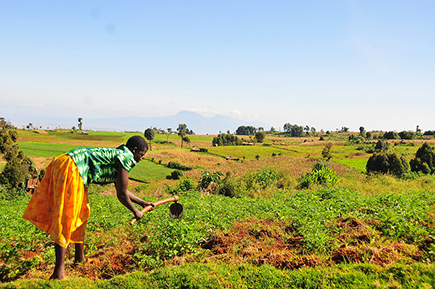Water law reform to improve water security for vulnerable people in Africa (SELARE)
Across Africa, water law reforms have introduced new statutory permit systems with fees tied to permits, to govern the allocation of water resources. Countries are making efforts to implement and enforce these permit systems, which aim to provide more security for investments in assets to improve water security.
However there are a large number of small-scale water users, especially women, who are unable to access the formal permitting system, and therefore have less legal protection than large users with permits. Their customary and local arrangements for allocating water are formally ignored.
Focusing on Kenya, Malawi, Uganda, Zimbabwe and South Africa, this project will generate new knowledge about this legislation, the progress made by countries in implementation, and the implications for the water entitlements of about 80 million small-scale water users in rural and peri-urban areas, most of whom are poor.
Through a research-practitioner partnership, including the government officials in charge of implementing permit systems, the project will explore pathways to transform permit systems into institutions for equitable water security.
This project is one of twelve Catalyst Projects funded through our Partnership Funding.

Dates
August 2016 – August 2017
Countries
Kenya, Malawi, Uganda, Zimbabwe, South Africa
Organisations
- Pegasys Institute
- International Water Management Institute
